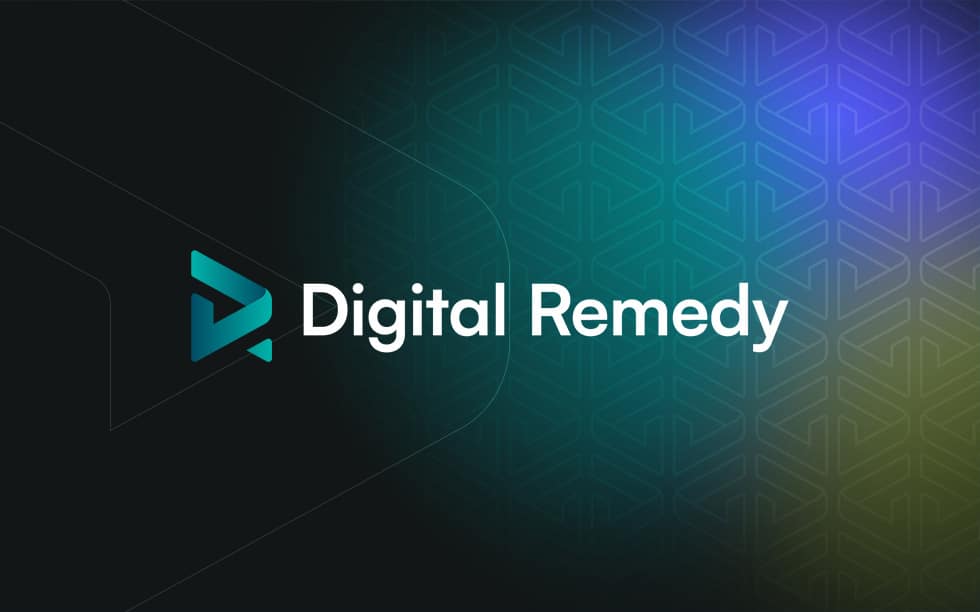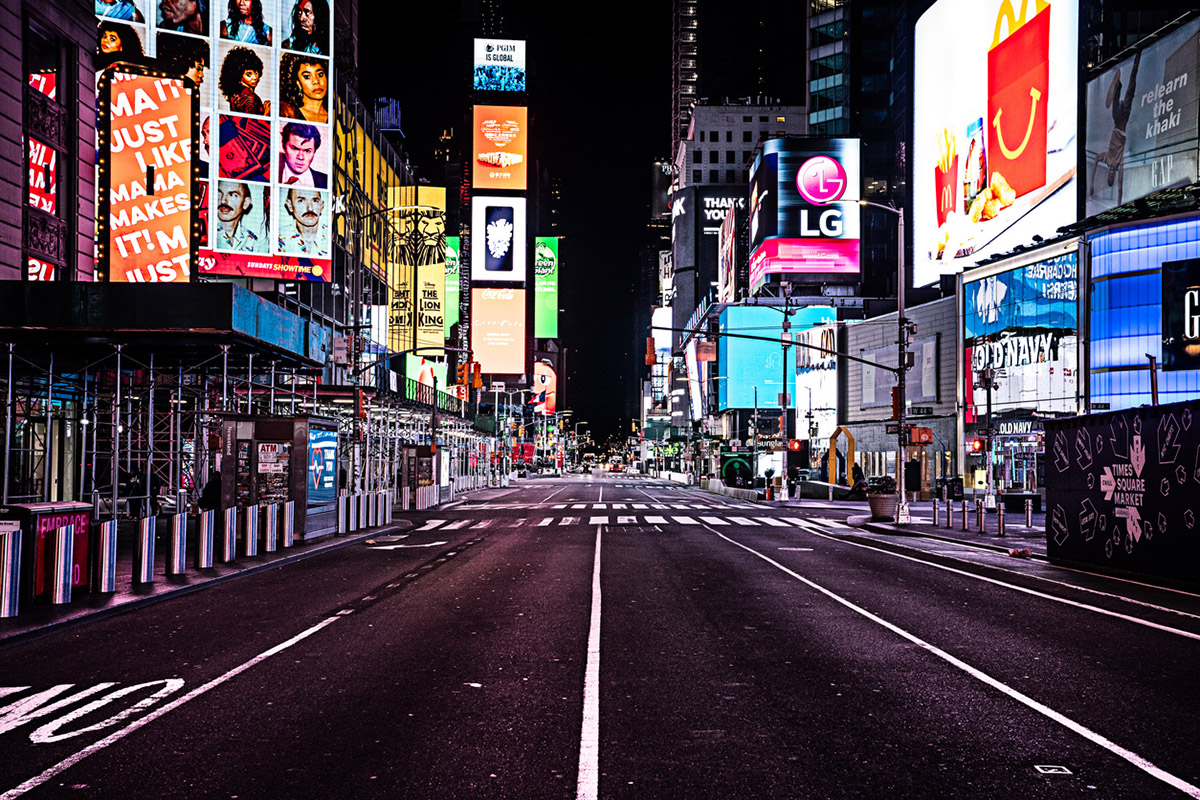Mar 24, 2020
—
In The Event of Mass Cancellation, Please Brace For Impact. Traditional event marketing as we know it is gone; a direct result of the global COVID-19 pandemic. The on-going effects of this outbreak are disrupting nearly every industry. Fear of spreading the disease further has resulted in the cancellation or postponement of all public gatherings…

Traditional event marketing as we know it is gone; a direct result of the global COVID-19 pandemic. The on-going effects of this outbreak are disrupting nearly every industry. Fear of spreading the disease further has resulted in the cancellation or postponement of all public gatherings including major sporting events, concerts, college classes, music and film festivals, tech summits, and industry conferences. This week, it was announced that the 2020 Summer Olympic Games, scheduled to open in Tokyo on July 24th, are being postponed and will now be held “beyond 2020 but not later than summer 2021”, leaving NBCUniversal with an over $1.25 billion ad revenue hole for this year. These unprecedented decisions follow the trending Twitter hashtag #CancelEverything which supported the practice of avoiding any large in-person interactions altogether – but at what cost? From a health perspective, this was the most logical (and frankly, only) option, while to companies across nearly all sectors, this was an earthquake for business.
Let’s rewind. Over the last few years, Business-To-Consumer (B2C) and Business-To-Business (B2B) events were really gaining traction, with company leadership supporting event marketing more than ever. However, this was contingent on the ability to prove return on investment (ROI). Forty-eight percent of brands reported a ROI of between 3:1 to 5:1 with their events and experiences, and 29% indicated a return over 10:1.1 Events made up 24% of B2B marketing budgets.

By 2020, 3.2m global professional events were expected to be taking place on an annual basis.2 Most marketers reported that their primary reason for organizing events was to support lead generation and sales acceleration (30%), followed by brand awareness for their company or products (21%), and revenue generation from ticket sales or sponsorships (16%). Thirty-eight percent of marketers agreed that conferences were the most effective type of event for achieving business goals considering two-thirds of conference attendees represented a new prospect for a potential customer.3 In 2019, half of companies allocated over 21% of their marketing budgets towards events (+39% increase from the prior year). Most companies prioritize event hosting above sponsoring, exhibiting, and attending. The allocation of event budgets is largely dependent on the KPI’s each company is working towards. The majority of businesses (63%) intended to grow their total event budgets by 22% on average in the next year.4 No doubt, these responses will be very different by the end of this year.

Prior to the COVID-19 outbreak, nearly all industries participated in in-person events in some form, whether through sponsorship, hosting, or attendance. The ongoing repercussions are not only shaking things up among B2C companies, but B2B companies as well. As the situation develops, analysts and economic experts say changes in the long-term business picture will be just as critical as the immediate challenges that brands are currently facing. Marketers are now tasked with reimagining the consumer experience and developing a new approach to establishing a connection. The consumers and clients that would be attending these in-person events are still out there, it’s just a matter of how marketers will reach them.
For example, pressure to diversify revenue streams have pushed media organizations to increase investments in physical events over the years, given the potential to put high-profile industry leaders, sponsors, and reporters all in the same room. This year, media companies like A+E, Roku, Discovery, YouTube, and NBCUniversal made the swift decision to move to digital-only upfront presentations. Any brands, not just media companies, that rely on physical activations for networking and lead generation to grow their business, are now having to rework marketing strategies and forgo the usual variables that make an event an event. Though numerous companies have begun embracing virtual event offerings, non-tech companies without the proper infrastructure for setting them up, will most likely struggle.

It’s worth noting that consumers, too, are going through a transformation, having to convert personal relationships to digital ones. As we all continue to move forward, growing pains are guaranteed while companies strive to keep business running as usual in the wake of this pandemic. Companies need a backup plan to continue to effectively engage with their core audience, without leaving a significant gap in their buyer journey. If companies drive adoption of these heavily utilized types of digital touchpoints (such as OTT/CTV) long-term, they could become key points in the buyer journey in the future.
The real question remains, is a mass audience even concerned about engaging with a brand during a time of economic crisis? While there is not one definitive answer for how companies should handle this time, it is important to focus on instilling trust, remaining transparent, and nurturing relationships with clients.
Event marketing serves as a complementary element for strengthening the funnel among brands, given the ability to bring together people of a similar mindset. It’s no secret that events have long been the go-to tactic for brands to boost awareness, generate leads, and feed the sales funnel – but what happens when you take events out of the equation? Yes, it does make things easier when you know that all attendees at a given tech conference are avid tech enthusiasts, for example, but there are also other ways to reach them, if not at a conference in-person. The good news is, live-events have become as popular as they are because of how well they can work in tandem with digital marketing strategies, so that leaves plenty of alternative digital targeting opportunities for reaching potential leads.

Similar to the evolving media landscape, the traditional marketing funnel is also transforming. There has been a debate in the marketing and sales worlds over who exactly owns the funnel. One side argues that as consumers have become more dependent on digital content to inform their purchasing decisions, marketers have taken on more responsibility for the funnel, as they continue to nurture prospects through the purchasing process. Each step of the funnel is equally important and, while brand objectives vary across industries, marketers should never try to skip stages.

An increasingly common practice among marketing, sales, and customer service and experience managers is to “flip the funnel” into a customer experience funnel. This funnel outlines the process of turning customers into advocates, which in turn refuels the top of the marketing funnel by driving awareness and lead generation.
The keyword during this trying time for businesses, is pivot. Marketers are being forced to rapidly adapt to the fast-changing environment because today’s marketing will not work tomorrow. Live experiences that require physical interaction won’t be an option for brands and marketers in the foreseeable future. Whether the goals are to provide entertainment or rewards, showcase new products and services, or establish or deepen business relationships, brands that once relied on face-to-face conversations, must now utilize other channels to interact with and engage prospects.

With all of the uncertainty and commercial disruption occurring right now, one thing is very certain: change is in store. It seems no one knows when things will get back to “normal”, whatever that even means now. The road ahead is not a dead end, but rather, a new path to be created, full of rebuilding. It’s an interesting opportunity for brands to reinvent themselves and their practices, potentially unlocking new audiences through new marketing tactics. It’s a reset button. As marketers, we pride ourselves on being creatively innovative and constantly thinking on our toes. Though in-person engagement has long been a key element in the marketing mix, this “new normal” will allow for a whole new form of brand storytelling.
Sources:
Related Posts

In the constantly evolving digital advertising landscape, agility and flexibility are paramount. As agencies and advertisers look to maximize.

When COVID-19 upended the world in early 2020, the ripple effects were swift and far-reaching across every industry, and.

As artificial intelligence continues to dominate headlines and industry conversations, confusion still lingers—especially around the relationship between artificial intelligence.